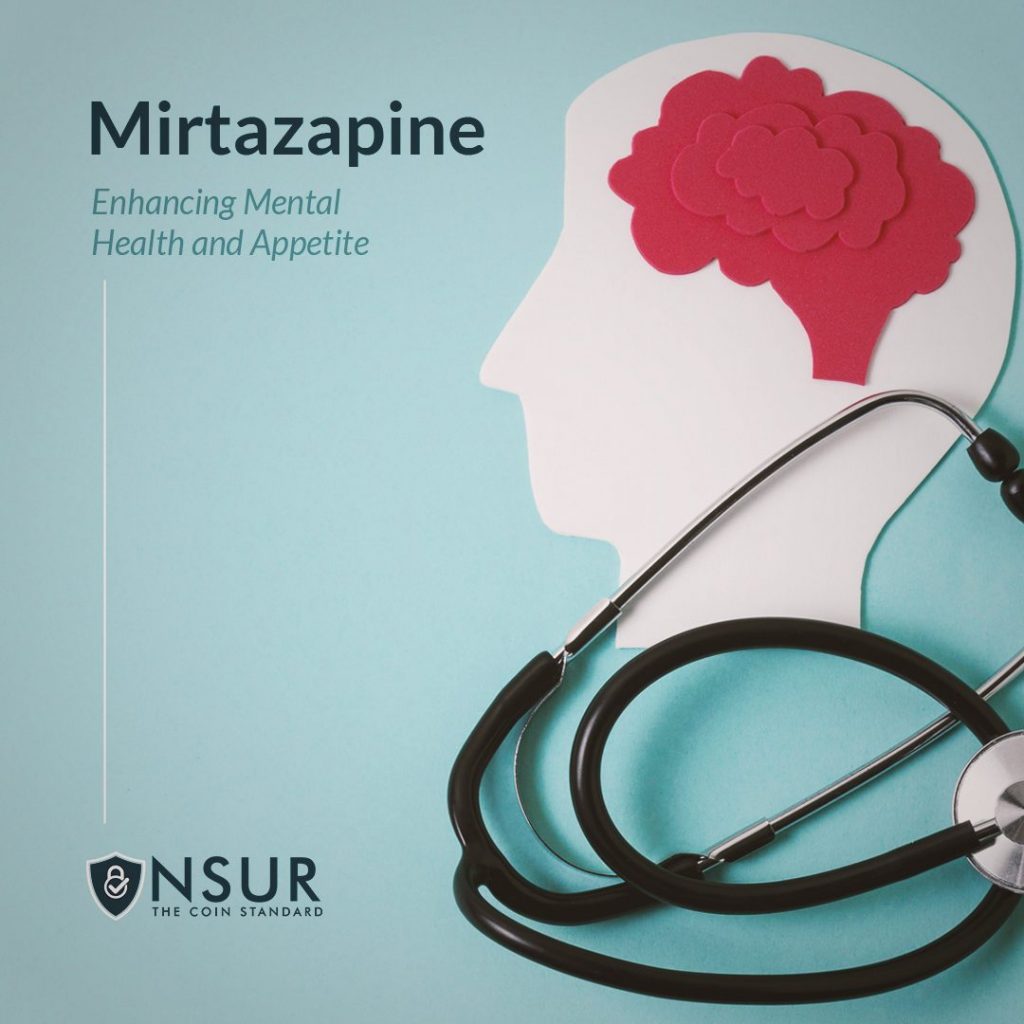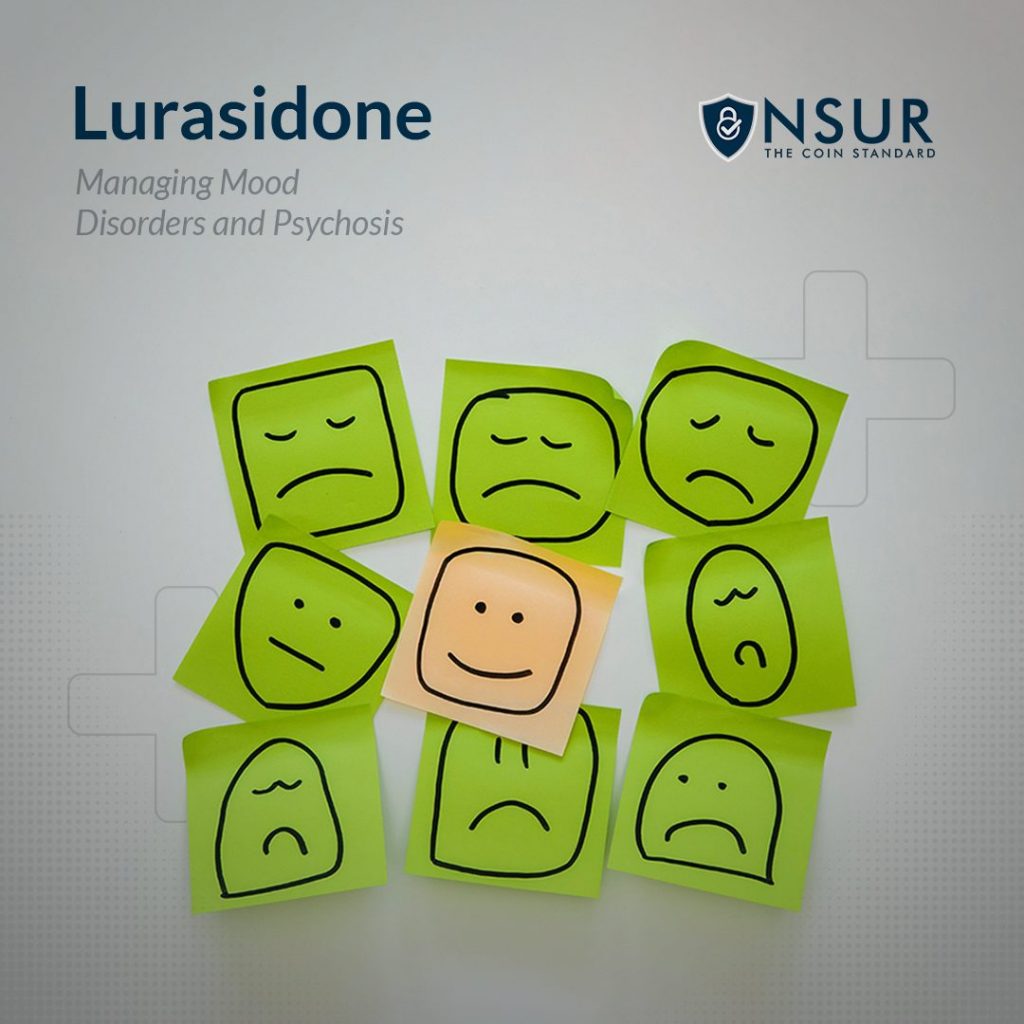
Cognitive decline is an all-too-common aspect of aging, particularly in various forms of dementia, including Alzheimer’s disease. As our global population ages, the search for effective treatments becomes increasingly vital. One such treatment, Memantine, has shown promising results in improving cognitive function in individuals with dementia. This blog post will explore the role of Memantine in dementia care, how it works, and what this means for patients and their families.
What is Memantine?
Memantine is a medication approved by the FDA for the treatment of moderate to severe Alzheimer’s disease. It belongs to a class of drugs known as NMDA (N-methyl-D-aspartate) receptor antagonists. Unlike other treatments that focus on the cholinergic system, Memantine addresses a different aspect of the brain’s chemistry.
How Does Memantine Work?
The brain’s normal function relies on the delicate balance of neurotransmitters. In dementia, particularly Alzheimer’s disease, this balance is disrupted, leading to neuronal damage and a decline in cognitive functions. Memantine works by blocking NMDA receptors, which are associated with the neurotransmitter glutamate.
Glutamate is a powerful excitatory neurotransmitter. In Alzheimer’s, due to the diseased state of the brain, glutamate can accumulate abnormally, leading to overstimulation of nerve cells, and eventually, cell death. Memantine’s role is to prevent this overstimulation while still allowing the normal transmission of glutamate signals, which are crucial for learning and memory.
The Benefits of Memantine in Dementia Care
Slowing Cognitive Decline
Clinical trials have shown that Memantine can help slow down the cognitive decline in patients with moderate to severe Alzheimer’s disease. This means it can help maintain functions such as memory, awareness, and the ability to perform daily activities for a longer period.
Behavioral Improvements
Apart from cognitive benefits, Memantine has also been noted to have a positive impact on behavior. It can reduce symptoms such as aggression, agitation, and delusions, which are common in later stages of dementia.
Quality of Life
By slowing the progression of symptoms, Memantine can enhance the quality of life not only for patients but also for caregivers and family members. It allows for more meaningful interactions and activities in the later stages of the disease.
Understanding the Limitations
While Memantine offers benefits, it’s important to understand its limitations. It is not a cure for Alzheimer’s disease or other forms of dementia. The progression of the disease continues, but at a potentially slower pace. The response to the medication can also vary widely among individuals.
Combining Memantine with Other Treatments
Often, Memantine is used in combination with other medications, such as cholinesterase inhibitors (like Donepezil), which can lead to a more comprehensive approach in managing Alzheimer’s disease. It’s crucial for patients to be under the care of a healthcare professional who can tailor their treatment plan based on their specific needs.
Side Effects and Considerations
Memantine is generally well-tolerated, but like all medications, it can have side effects. These may include dizziness, headache, constipation, and confusion. It’s important to discuss these potential side effects with a healthcare provider.
Take advantage of NSURx for your prescription drugs!
With the NSURx Prescription Benefit Card, you can save money on your medications at more than 35,000 pharmacies across the United States.
You can save up to 80% on your medication by using an NSURx card. Hundreds of dollars in savings could be yours every time you fill out your prescription.
The more you shop with NSURx, the more NSUR Coins you will receive as a reward.
Conclusion
Memantine represents a significant step in the ongoing battle against dementia. By improving cognitive function and behavioral symptoms, it offers a ray of hope for patients and their families. As research continues, our understanding and resources in managing dementia will undoubtedly expand, offering even more support to those on this journey. Remember, if you or a loved one is facing dementia, you’re not alone. Reach out to healthcare professionals and support groups for the help and guidance you need.
Disclaimer
This blog post is intended for informational purposes only and should not be considered a substitute for professional medical advice. Always consult with a qualified healthcare provider for personalized recommendations and guidance.











